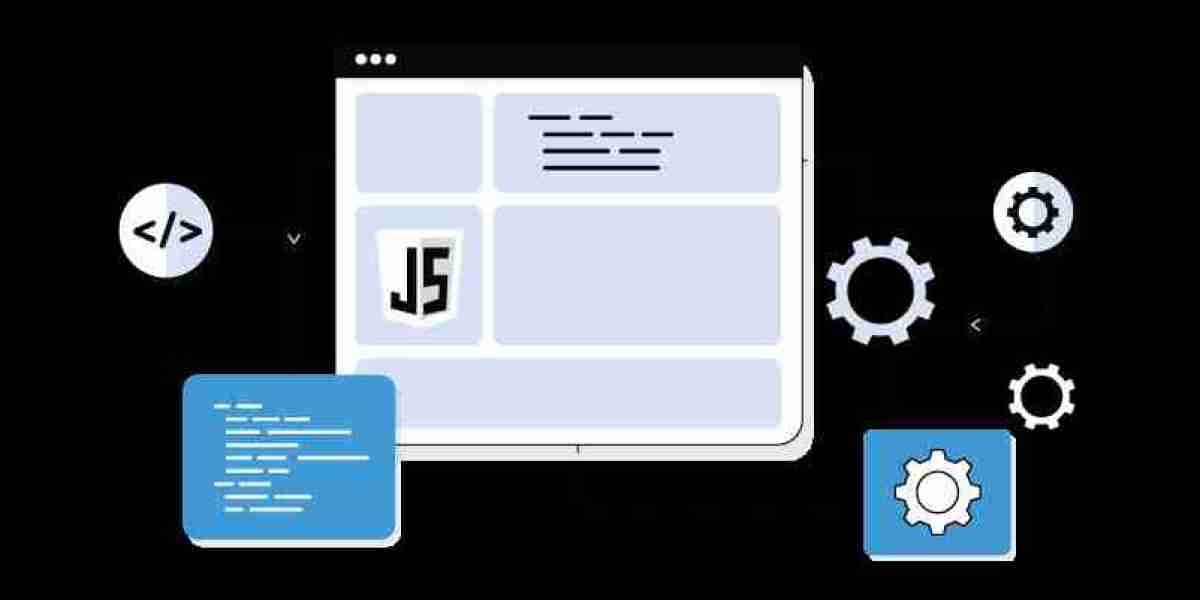API data scraping involves the automated retrieval of structured data from web-based interfaces through Application Programming Interfaces (APIs). APIs serve as bridges between different software systems, enabling seamless communication and data exchange. By leveraging APIs, businesses can tap into a wealth of information available on platforms such as social media networks, e-commerce websites, and financial institutions.
One of the primary advantages of API data scraping is its efficiency. Unlike manual data collection methods, which are time-consuming and prone to errors, API data scraping allows for automated extraction of information. This streamlines the process, ensuring that businesses have access to up-to-date and accurate data for analysis and decision-making.
Furthermore, API data scraping offers a high degree of customization. Developers can specify parameters such as the type of data to be extracted, the frequency of extraction, and the format in which the data should be delivered. This flexibility enables businesses to tailor their data scraping processes to suit their specific needs and objectives.
Integration with APIs is seamless, thanks to well-documented endpoints and software development kits (SDKs) provided by API providers. This simplifies the implementation process and reduces development time, enabling businesses to quickly integrate data scraping functionalities into their existing workflows.
Moreover, API data scraping enhances data quality and reliability. By accessing structured data directly from the source, businesses can minimize errors and inconsistencies that may arise from manual data entry or processing. This ensures that decisions are based on accurate and up-to-date information, leading to better outcomes and improved business performance.
The democratization of access to information is another significant aspect of API data scraping. Regardless of size, businesses can leverage API data scraping to gain insights into customer behavior, track market trends, and monitor competitor activities. This levels the playing field, empowering businesses of all scales to make informed decisions based on data-driven insights.
However, businesses need to approach API data scraping responsibly and ethically. Developers must adhere to the terms of service and usage policies of the APIs they are accessing, ensuring that data is collected and used in compliance with legal and ethical guidelines. This includes respecting rate limits, avoiding excessive requests, and protecting user privacy.
In conclusion, API data scraping is a powerful tool for businesses seeking to harness the power of data-driven decision-making. With its efficiency, customization options, and reliability, API data scraping enables businesses to access valuable insights from a variety of sources, driving informed strategies and delivering better outcomes. As businesses continue to recognize the importance of data, API data scraping will remain a critical component of their success.



